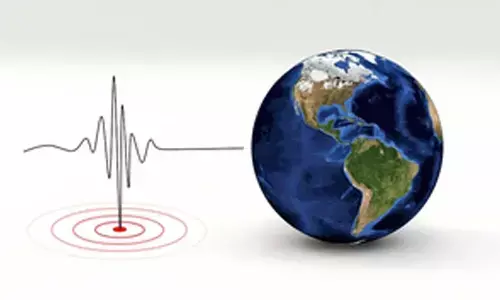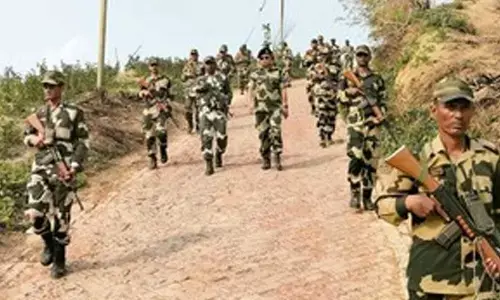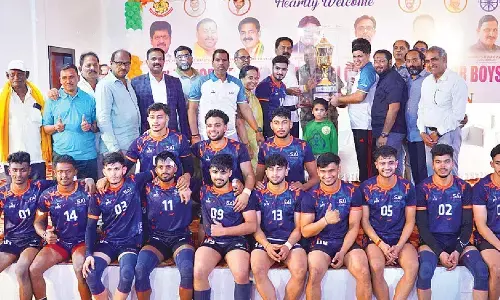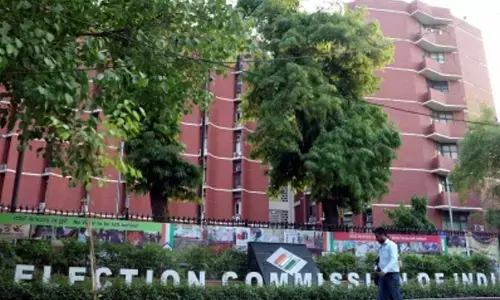With environmental stress building, time to support odd even
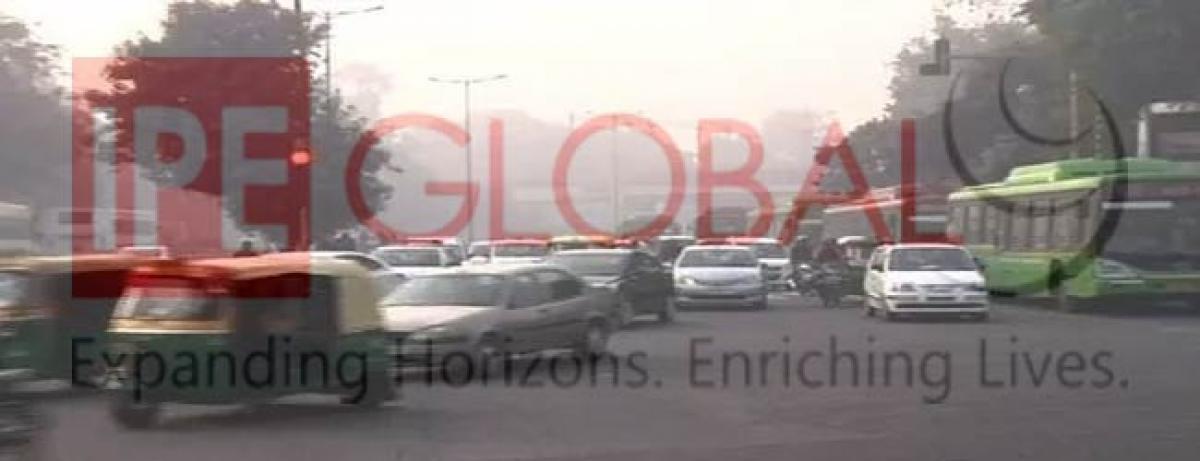
Early summers, shorter winters, extreme temperatures, scanty rainfall and shifting seasons have become a common phenomenon across India. The Met\'s prediction of a normal monsoon this year thus brings a lot of hope.
New Delhi: Early summers, shorter winters, extreme temperatures, scanty rainfall and shifting seasons have become a common
phenomenon across India. The Met's prediction of a normal monsoon this year thus brings a lot of hope.
One doesn't need a scientific study to state the obvious that environmental stresses are building up every year, which in turn demands an
urgent response from the civic bodies, corporates and the citizens alike.
The Prime Minister's pledge to reduce carbon emissions by 33 to 35 percent of 2005 levels till 2030 needs fundamental change in our
consumption patter and structural change in planning.
In this backdrop, the second round of odd even scheme in Delhi reminds us to support the initiative in full strength despite the scorching
heat. While several are opposed to the proposed measure of allowing vehicles with odd and even number plates to ply only on alternate
days, many experts feel that introduction of such strict laws will help abate pollution which has increased beyond permissible limits in
Delhi.
Delhi being the most polluted city in the world, late last year, recorded 50 percent higher levels of PM 2.5 during rush hours than during
ambient air quality readings. Black carbon, a major pollutant, was found to be three times higher in Delhi. Pollution monitoring stations
across the city estimated a reduction of 25-30 PM 2.5 levels during the first experimental fifteen days of the odd-even formula, which
started from January 1, 2016. Despite these claims during the last cycle, there were many critiques of the scheme. The second round of
the rationing is the final exam of the mock test held in January 2016. The Ministry of Earth Sciences' System of Air Quality and Weather
Forecasting and Research (SAFAR) on Monday said that the air pollution levels over the weekend showed a steady decrease.
While we track and monitor air quality to determine the effectiveness of the odd-even scheme every day, it is still very early to calibrate
its impact, says Daljeet Kaur of IPE Global, an international development consulting company providing expert technical assistance and
solutions for equitable development and sustainable growth in developing countries.
Kaur says that the obvious reduction of cars on the roads is an undisputed positive result. Road rationing similar to the one being
implemented in Delhi has witnessed varied results across cities in the developing countries.
Beijing which is one of the most polluted cities in the world, first introduced the odd-even measure during the summer Olympics of 2008.
Almost 40 percent reduction in vehicular emission during the intervention prompted the authorities to continue the rationing of vehicles
on the road. Mexico City also carried similar interventions to improve the polluted ambient air quality along with Santiago, Bogota, Rome,
Milan and now South Korea in the past. Urban local bodies across the world are finding sustainable solutions to the now permanent
problem of climate change, and stricter interventions such as these are necessary.
"Studies show that the resultant air quality improves substantially when odd-even is introduced for the first time in all cities. The results
after second and subsequent implementation are not so uniform, it varies from city to city," says Kaur in this article.
"There is no doubt that initiatives like these are necessary and it's high time we implement them and abide by them. Simultaneously, to
ensure a long term impact, several parallel measures such as a reliable public transportation network which allows the commuter to
voluntarily shift from a private mode to a public mode, needs to be in place. A public transport should be able to reduce time, cut costs
and provide quality. In other words, the government's effort should be on making an imperative shift from private to public transport
rather than a forced transformation," Kaur said.
The views expressed in this article are that of Daljeet Kaur is an Associate Director of IPE Global.








